Suppose your international marketing efforts have finally paid off, and you have received your first feasible international enquiry. In that case, your next step is to quote your potential buyer and hope you receive an international purchase order. An export quotation, or pro forma invoice, is the foundation of any international contract of sale. However, exporters often land themselves in trouble by not accurately constructing their quotations. This article focuses on the critical information a seller should include in their export quote.

Exporting and what should be Included in your Quote
When exporting your quotation should consist of the following:
- Both your and your customer’s reference number
- A clear description of each item under consideration
- A detailed specification of the goods to be supplied
- The exact quantities of each product type
- The price per unit of a particular product type at various points along the chosen trade term (Incoterm®)
- The currency of the transaction (remember your buyer may have to assess the foreign exchange rate to find out if the quotation is attractive)
- Your desired payment method and payment terms
- The country of origin
- Consignment packing and marking details
- The validity period of the quotation
A Pro Forma Invoice vs an Export Quotation
When doing business internationally, your potential buyer may insist you provide them with a pro forma invoice instead of a quotation. A pro forma invoice is a ‘pre-invoice’ that formalises the quotation.
Why would a Buyer Request a Pro Forma Invoice?
Where the potential international buyer is obliged to acquire an import licence for the goods concerned, effect payment under an irrevocable letter of credit, or comply with certain exchange control regulations in order to be able to transfer payment, you will need to provide the buyer with a pro forma invoice. The pro forma invoice is usually a replica of the commercial invoice, which is later forwarded to the buyer, together with the transport and other documents. The commercial invoice contains the same information as the pro forma invoice, i.e., final quantities, the HS code, the Incoterms® requested and the agreed payment method and payment term.

While the list above should indicate what information you should include in your export quote, it is not everything that needs consideration! Other information may be required depending on the circumstances of a particular transaction. Furthermore, many exporters do not know the danger they face by sending inadequate quotations to potential buyers. Thankfully, Trade Forward Southern Africa, in collaboration with the International Trade Institute of Southern Africa, has created a free and comprehensive online training course on various aspects of global trade, including how to construct a quotation or pro forma invoice to mitigate particular risks. In addition, modules provided include training on international finance, foreign exchange rates, Letters of Credit, international payment methods and Incoterms®. Click the links below to sign up for free and get started!
To sign up to the School of Export CLICK HERE.
If you already have a profile, CLICK HERE to login to begin the module.
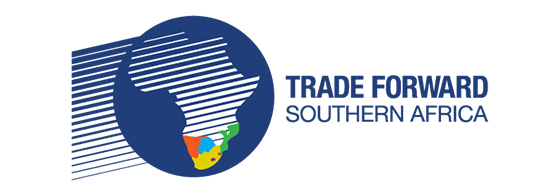
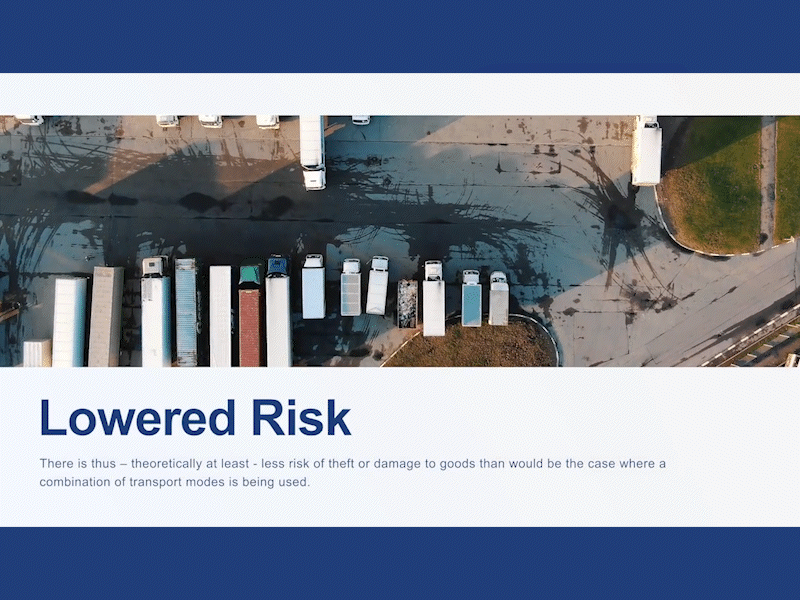
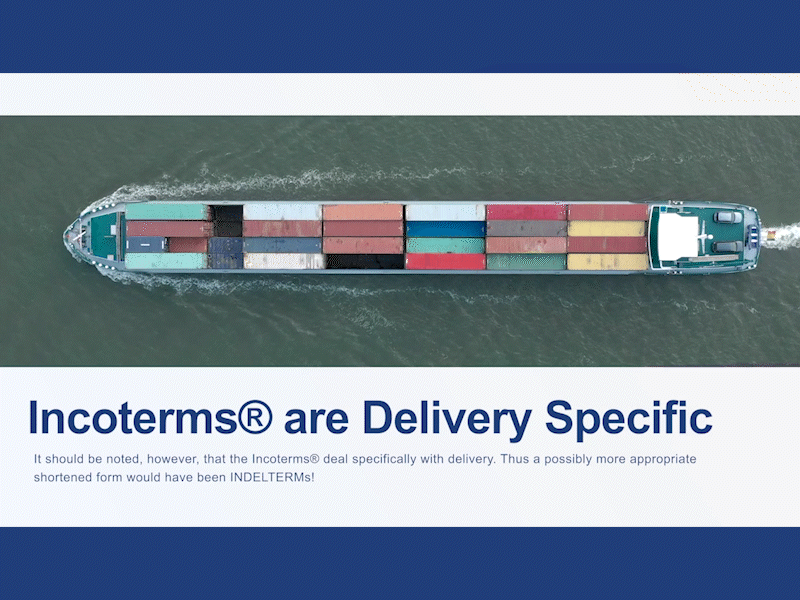
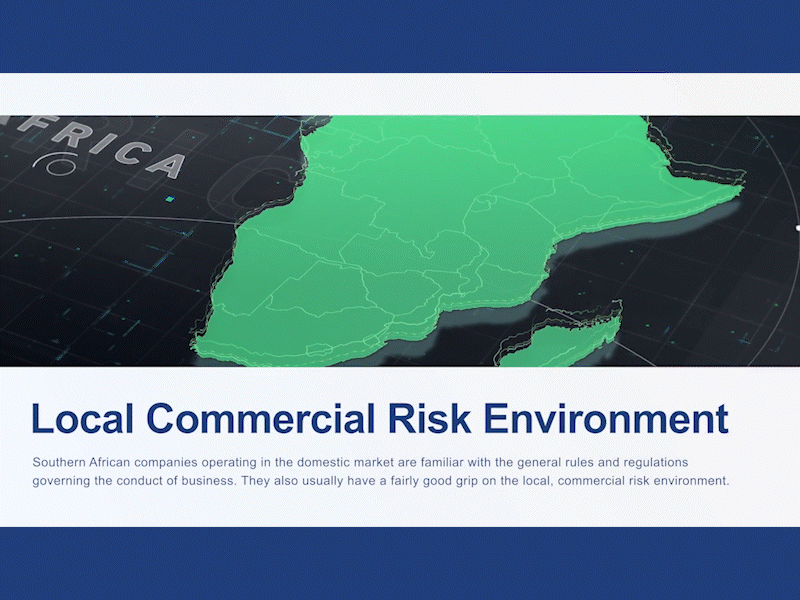
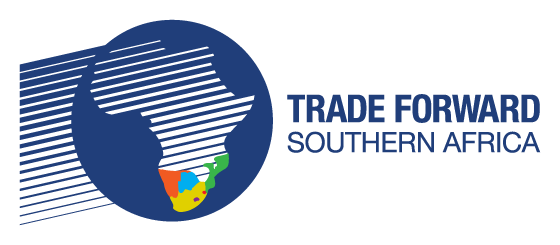
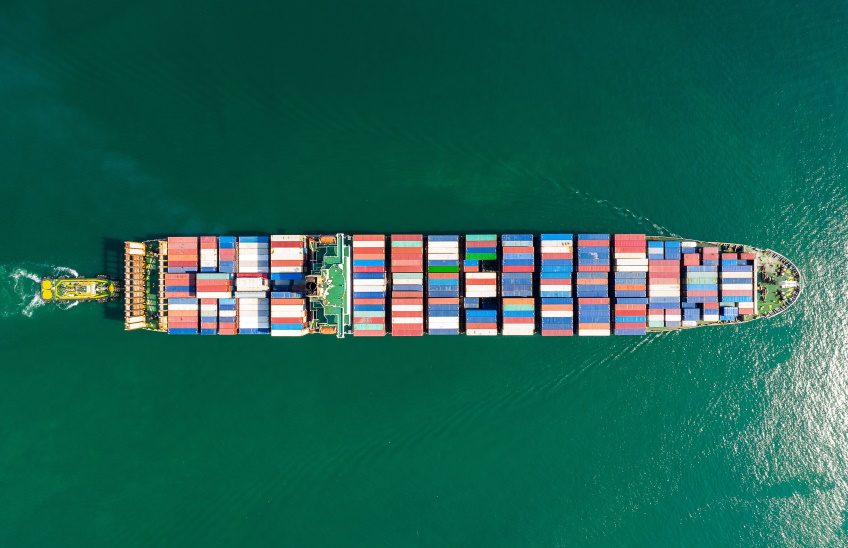




It helped when you mentioned that providing a proper quotation for your business transactions could help implement proper orders. My uncle mentioned last night that he and his business partner were looking for a trustworthy customs attorney for processing important documentation for their business transactions. He asked if I had any idea what would be the best option for consultation. Thanks to this informative article, I’ll tell them it will be much better if they consult a boutique law firm as they can provide information about their services.